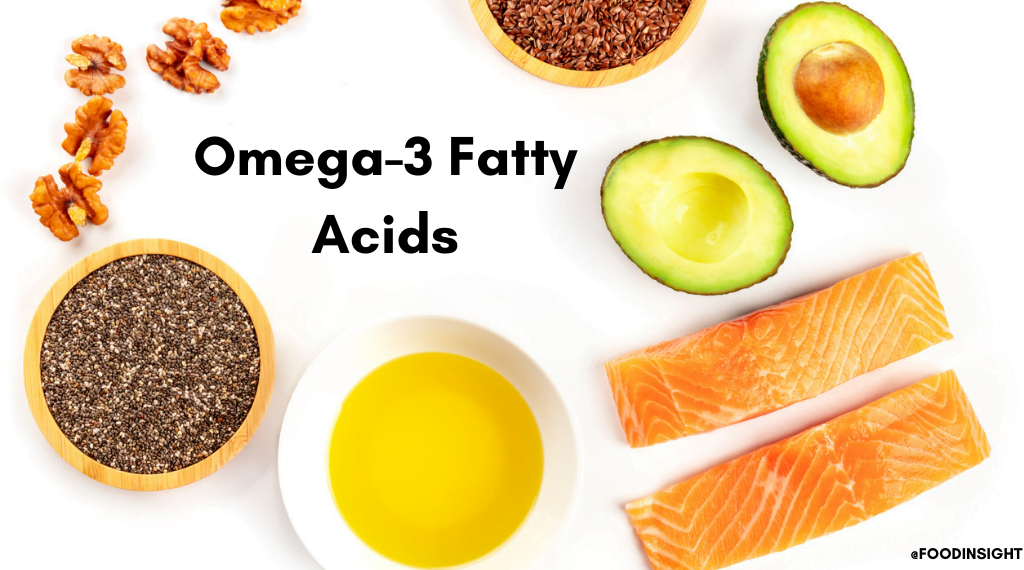
Omega 3 is a nutrient, helps in keeping the body healthy and most of the cell walls in the body are made up of this nutrient. They give energy and help the organs to function properly. With age the risks of cardiovascular diseases, depression, cancer and dementia etc. increase for which it is advisable to take Omega 3 through diet or supplements. The deficiency of the same can result in fatigue, mood swings, dry skin, poor memory, heart problems and more.
Adding omega 3 to your life can be a good way to kickstart a healthy journey. These fatty acids can help in the development of the brain and other organs of the body, they help in fighting inflammation which prevents a lot of heart and brain diseases which are a result of clotting. Omega 3 is obtained in the form of food or through additional supplements which can be found by exploring Foodvez.

Types of Omega 3 Fatty Acids:
1. ALA (alpha-linolenic acid):
It is the most common type of omega 3 fatty acid, found in plant bases foods. ALA can convert into EPA and DHA, but a very less amount is obtained by this conversion. By any chance, if not converted it just acts as a source of energy like any other fat.
Role:
- Used to prevent heart diseases.
- Used to reverse the “Hardening of Blood vessels” and prevent diseases of Blood vessels.
- Lower high blood pressure.
Sources:
- Flax seeds
- Walnut
- Tofu
- Soybeans
- Canola oil
- Pumpkin seeds
- Supplements (visit Foodvez)
2. EPA (eicosapentaenoic acid):
Through EPA our body synthesises molecules called eicosanoids which are deemed to have certain physiological benefits and reduce inflammation.
Role:
- Used to prevent heart diseases.
- Used for mental disorders like depression.
- Because of its property of reducing inflammation clotting issues are resolved.
- Reduces trygyceride levels in the blood.
Sources:
- Salmon
- Tuna
- Mackerel
- Sardines
- Shellfish
3. DHA (docosahexaenoic acid):
Role:
- Important component of your skin.
- Crucial for the development of retina.
- It is important for growth and functional development in the infants.
- Its deficiency can lead to learning disabilities.
Sources:
- Fish oils
- Shellfish
- Certain Algae


